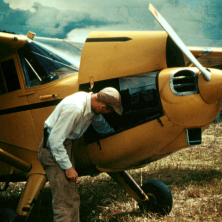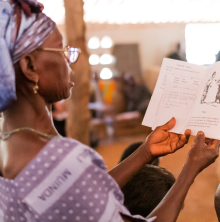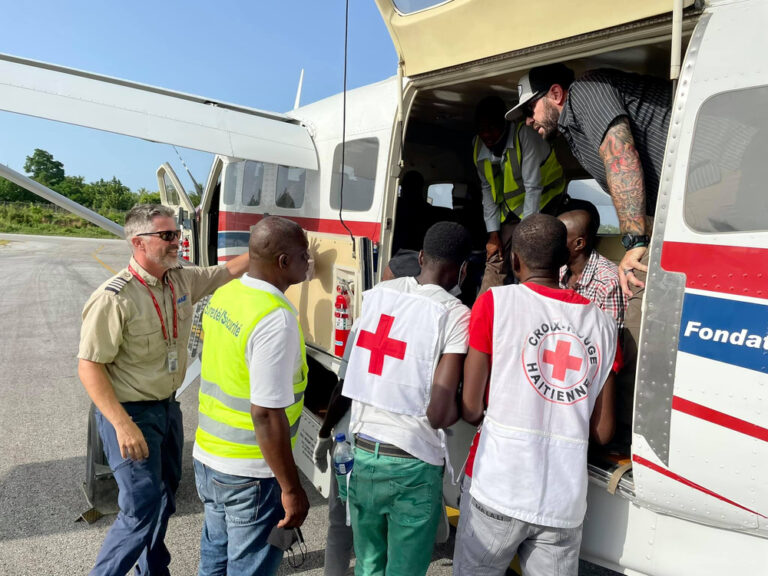 We transport a fair amount of bodies in Congo. I would have said passengers, but after someone passes on from this life we call them a body and don’t count their number on the flight manifest.
We transport a fair amount of bodies in Congo. I would have said passengers, but after someone passes on from this life we call them a body and don’t count their number on the flight manifest.
It occurred to me today, as we transported this body in a casket, with many other items for the funeral to be had upon our arrival at the destination, that we always count “souls on board.” Maybe it’s just more bizarre aviation lingo that we get used to like “flying the ILS” (instrument landing system), or “visibility more than 10” (more than 10 statute miles visibility). At any rate, it reminded me that we don’t just transport passengers but living souls. These are souls whom God created and cares for. Even though they may all look different on the outside, each passenger is important in God’s eyes.
 This represents well what MAF tries to do in caring for the spiritual and physical transformation of the people we serve. I’m really glad we do both. If all we did was care for the physical person, then we would easily lose track of the eternal implications. All the same, if all we did was care about the spiritual aspect, we would neglect people who need the basics of food, water and shelter just to survive. We want to see transformation in all aspects of life.
This represents well what MAF tries to do in caring for the spiritual and physical transformation of the people we serve. I’m really glad we do both. If all we did was care for the physical person, then we would easily lose track of the eternal implications. All the same, if all we did was care about the spiritual aspect, we would neglect people who need the basics of food, water and shelter just to survive. We want to see transformation in all aspects of life.
Funerals are very important in this culture and in many around the world. Here, it is essential that the body gets buried in one’s place of birth; hence, the reason we transport bodies. I guess this sort of completes the circle for the people as they see the body coming into and leaving the world in the same place.
So in transporting this body, we appeal to the physical aspect of the culture to allow the community to have spiritual closure during this circumstance.
Bridging worlds, connecting people, addressing the physical and the spiritual . . . this is what MAF does.



